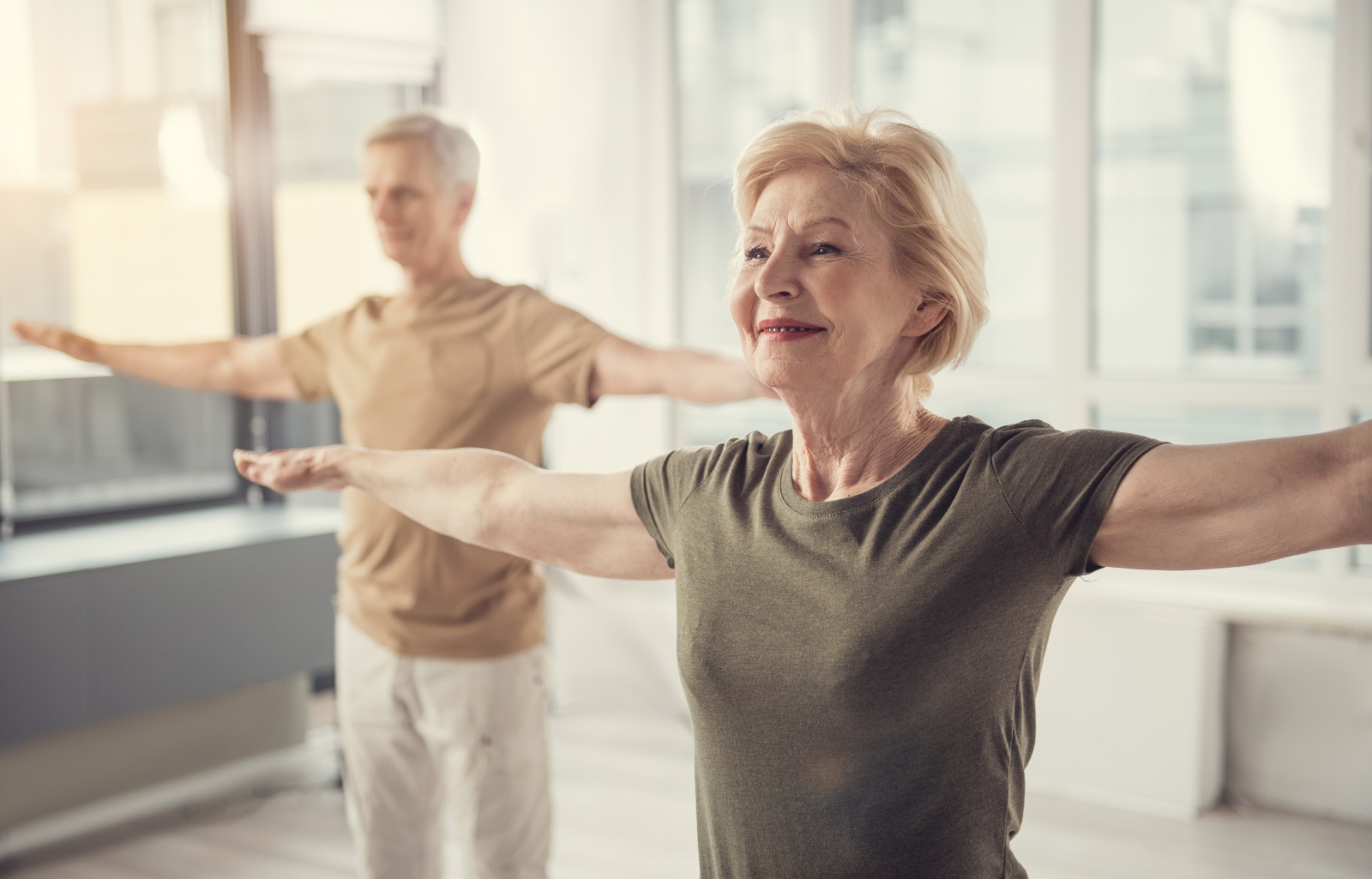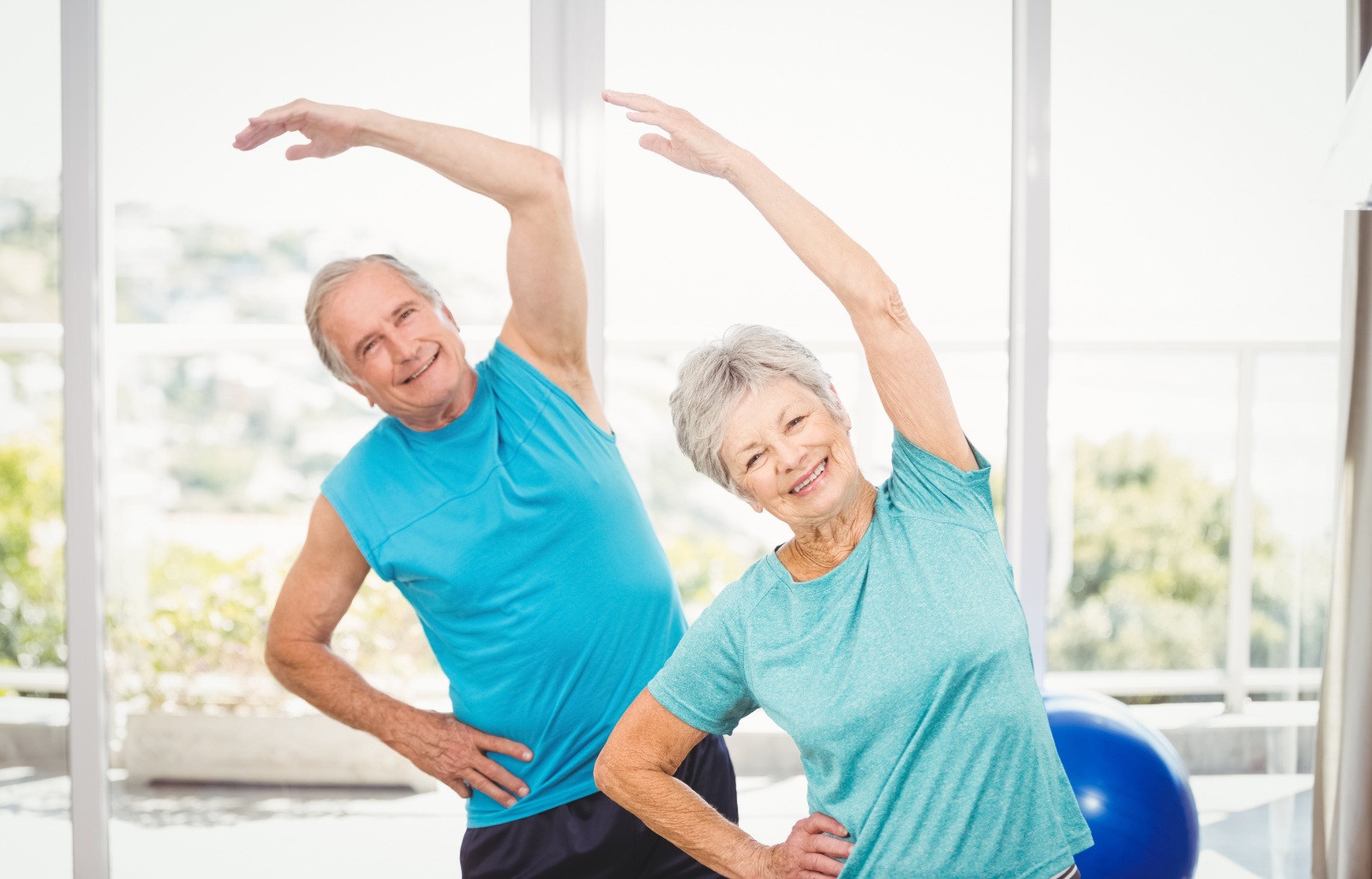Most people know that exercise and physical activity are critical for maintaining physical health, but what about mental health?
The aging process has a profound impact on the mental health of the elderly. As we age, the transition from active lifestyles to more sedentary ones can often cause a decline in mental well-being, leading to issues such as anxiety, insomnia, and even depression.
The inability to perform daily tasks, coupled with degenerative illnesses, can make seniors feel tired and less engaged in life. In some cases, family members may be unable to care for them adequately, leading to a move to a nursing home or assisted living facility. These factors contribute to feelings of unworthiness and disinterest, further exacerbating mental health issues in the elderly.
Being inactive is associated with alterations in body composition resulting in an increase in percentage of body fat and a decline in lean body mass. So, significant loss in maximal force production takes place with inactivity. Sarcopenia is defined as low muscle mass in combination with low muscle strength and/or low physical performance. Skeletal muscle atrophy is often a side effect of aging and physical inactivity.
Consequently, low physical performance and dependence in activities of daily living is more common among older people. The good news, however, is that strength training has been shown to increase lean body mass, improve physical performance, and to a lesser extent have a positive effect on self-reported activities of daily living.
Exercise has also been linked to reducing the risk of dementia and other cognitive disorders that may appear as we grow older. Performing physical activity improves oxygen and blood flow to all parts of the body, including our brain. The current research generally agrees that exercise has beneficial effects on a range of mental health outcomes. Some studies have observed that exercise improves mental health in various ways.
Here are three key findings:
- Regular physical activity significantly improves the mental health of the elderly, reducing anxiety, depression, and sleep disturbances.
- Various forms of exercise, including aerobic, yoga, and muscle-strengthening activities, have been shown to benefit the mental health of older adults.
- Quality assessment tools indicate that high-quality studies consistently report a positive impact on the mental health of the elderly.
To address the declining mental health of the elderly, engaging in physical activity is crucial. Physical training involving repetitive body movements that are planned and controlled can significantly enhance physical fitness in the elderly, especially when they are experiencing a decline in bodily function. Such exercise programs can help reduce feelings of anxiety, insomnia, and depression while improving the overall quality of life for seniors.
When you exercise, your heart rate increases and your body pumps more blood to your organs. But all of those chemicals are only the beginning— on a higher level, while exercise does have those short-lived mental health benefits, it also actually changes the structure and function of your brain over time. The general consensus is that a multitude of beneficial and chronic changes for a healthier brain and mind can happen even if you only exercise for an hour a day, three days a week.
Choosing exercises that you enjoy doing, coupled with other healthy practices like getting enough sleep, eating well, and maintaining fulfilling relationships will help both your body and your brain to be in great shape for years to come!
Resources:
Smith PJ, Merwin RM. The role of exercise in management of mental health disorders: an integrative review. Annu Rev Med. (2021)
Eggenberger P, Schumacher V, Angst M, Theill N, de Bruin ED. Does multicomponent physical exercise with simultaneous cognitive training boost cognitive performance in older adults? A 6-month randomized controlled trial with a 1-year follow-up. Clin Interv Aging. (2024)




